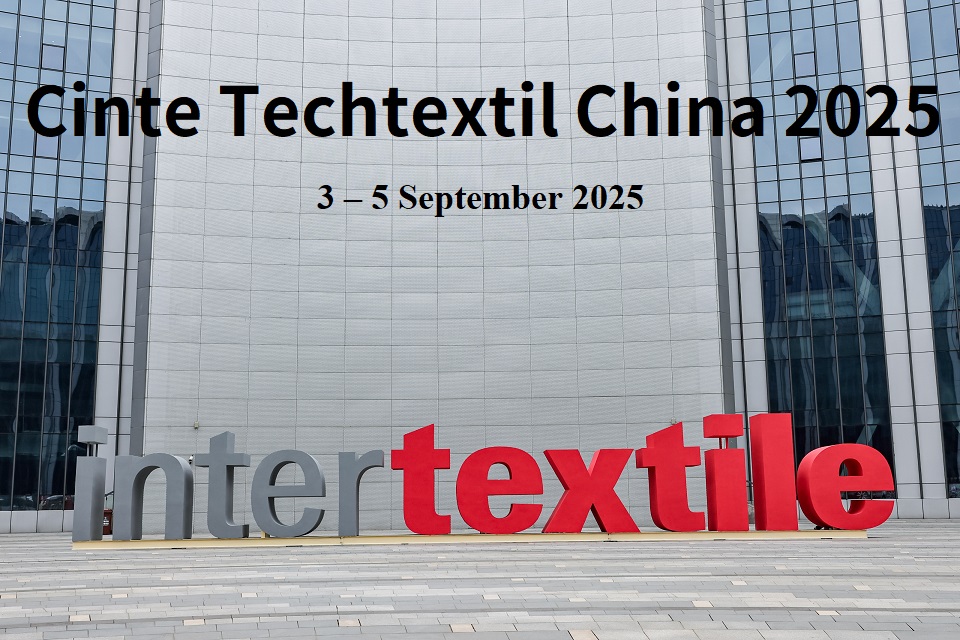The Ministry of Industry (Kemenperin) hopes that requests from local producers will increase in line with the application of security measures (BMTP) or safeguards on imported clothing products and accessories starting November 12, 2021. The security measures were taken after the domestic clothing and accessories industry suffered losses due to the high imports of these products. By increasing import duties, the government hopes that the domestic industry can recover. "We hope that with this BMTP, the demand for clothing products and clothing accessories in the country will increase,
because they can compete fairly with imported products with the same level of quality or even better," said the Director of the Textile, Leather, and Footwear from the Ministry of Industry, Elis Masitoh, Friday (11/19/2021).
Elis said the BMTP for 3 years is intended so that during the period of imposition, domestic industries can make structural adjustments. Thus, the industry is ready to compete with imported goods when the safeguard ends.
He explained that there are several programs prepared by the government to ensure the recovery of the textile industry and textile products during the application of safeguards. These include strengthening the upstream and intermediate TPT sectors, strengthening the value chain, continuing the restructuring program for the textile industry machinery/equipment, and increasing the competence of human resources in the textile industry.
Separately, retail business actors voiced their objections to the imposition of security measures (BMTP) or safeguards on 134 tariff posts for clothing and accessories. This policy is considered to have an impact on the recovery of the retail industry and reduce the attractiveness of shopping tourism in the country.
General Chairperson of the Indonesian Global Brand Retailers Association (Apregindo) Handaka Santosa criticized regulations that did not specifically target imported products that competed with local products.
"The problem is that the implementation is actually not right because it does not directly target what [products] have the potential to become competitors for local products," said Handaka, Friday (11/19/2021).
He explained that the import of garment products consisted of two types, namely imports of garments which were carried out in bulk at low prices and imports of branded garments such as Gucci, Chanel, Uniqlo, Mango, and H&M.
“In fact, branded goods are not as easy to import into a country as the cheap garments. It should be the mass garments that should be blocked. But the rules apply to all. Of course it has negative consequences," he said
Handaka, who also serves as CEO of SOGO, believes that this policy can cause the price of branded goods to be more expensive and less competitive than prices in neighboring countries, such as Singapore. This condition, he continued, could interfere with efforts to attract foreign consumers.





